Homicide is Hilarious: The Juxtaposition of the AIDs Epidemic with the COVID-19 Pandemic Prove The Healing Power of the Murder-Comedy
As we sit comfortably in the entertaining throws of the Golden Age of Television, we have seen different trends come and go. In the early 2000s, mockumentaries were all the rage. The early 2010s showed us the beauty of the scripted-sitcom-sans-laugh-track. The 20-teens showed us series after series about teenagers caught in legal trouble that they couldn't tell anyone about (for some reason). Now, here we are, still in the early 2020s, and, well...are we okay? Because our genre of choice, our societally sanctified super-shows, our crème de la crème of entertainment is none other than the murder-comedy.
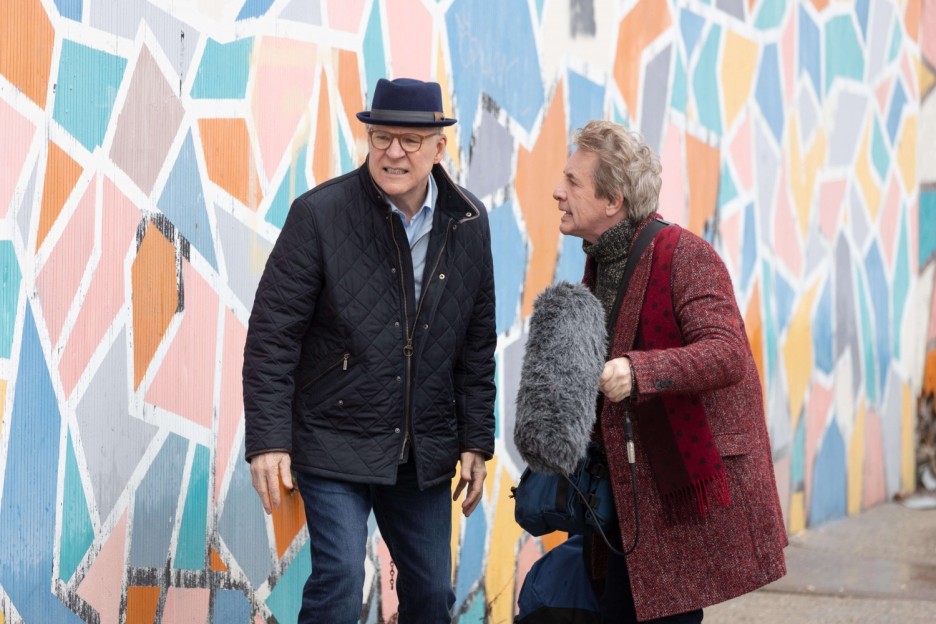
Let me make it clear: I am a card-carrying member of this fandom. I LOVE murder-comedies. What's weird is that numerous shows in this category have come out recently, and they are all HITS. Last week alone the third season of the murder-comedy Why Women Kill was announced AND a trailer for the new Apple TV+ murder-comedy, The After Party, was released. Meanwhile, Only Murders in the Building has become the highest ranked original Hulu comedy on the platform. We have an obsession. Scream Queens, Dead to Me, Only Murders in the Building, heck, let's even include the film Knives Out, have taken what was once a niche corner of cult-classic potential and turned it into the main thing in the mainstream.
Yet media trends, like everything else in life, are cyclical. The murder-comedy genre, while it has ironically been given new life in the past few years, is not new. The true inception of this sub-genre came in the year 1985 with the classic board-game-based movie Clue. The societal circumstances in which Clue was released are starkly similar to those we face today. In 1985, the AIDs epidemic was in full swing. Thousands of people were dying at the hands of an illness that was minimally understood. Misinformation spread like wildfire. The deaths seemed random and unprecedented. This prolonged feeling of fear, danger, and life-threatening confusion mirrors that of the COVID-19 pandemic. The resurgence of the murder-comedy juxtaposed with the original popularization in the 1980s shows us that this cocktail of homicidal-humor is the ideal coping mechanism for a society filled with fear, death, and confusion.
The nihilistic sensabilites associated with Gen Z are not unlike those associated with 1980s punk, lending both time periods to a darker, more twisted sense of humor. In a History News Network article titled, Remember Punk Rock? Probably Not...: The Real Culture War of 1980s America, Kevin Mattson quoted one self described punk who, "recoiled at unfair and unproven portraits of punks as violent and nihilistic on television shows." In the 1980s the term "nihilist" was abhorred. The article goes on to determine that
punk rock of the 1980s was not about nihilism or violence; it wasn't just a bunch of Sid Vicious wannabes. In part, it was a visceral hatred of a President who seemed old, mean, and not terribly smart...Those punk kids, usually thought of as violent and nihilistic, were instead those who got angry with the musical fare offered and who went into their basements to create their own culture.
While very similar circumstances have surrounded the formative years of Gen Z, they, conversely, wear their nihilism as a badge of honor, the internet deeming them the, "funniest generation alive." Sarinah Shahidi, a Gen-Z TikTok star said to BuzzFeed, "Gen Z kind of understands that no one cares... [it's] because we grew up without the serious dreams that millennials had, and that we kind of grew up with this lack of hope, that we've learned to accept and make a joke out of it." The punk counterculture of the 1980s and the oversaturated irony of the modern day serve the same purpose. This understanding that both generations have exemplified allows us to lean into the darkness and make jokes about it.

Enter the murder-comedy. The culturally prevalent nihilism, born as a result of a strenuous political climate and ceaselessly growing death-rate, encouraged therapeutic exploration through this sub-genre. Humor, specifically dark humor, is a scientifically proven trauma response. In an article on Psychology Today, Megan Mobbs wrote, "Creating a humorous narrative about a stressful situation can result in reduced physiological stress response, less emotional distress, and lower negative emotions." The reframing of a stressful situation in a comedic light, "allows the person who experiences the negative event to look directly at what is painful but see and interpret it in a less harmful or threatening way." The death rates in the 1980s are similar to those in the 2020s. Therefore it makes sense that the comedic fixation was on murder. It allowed viewers, who were confronting death at an overwhelming rate, to find moments of levity and laughter within the confines of a similar situation. Abraham Lincoln once said, "Gentlemen, why do you not laugh? With the fearful strain that is upon me day and night, if I did not laugh, I should die." While it may seem cold or even nihilistic to try to find comedy in death, it is the only way in which we are able to cope and collectively move forward as a society.
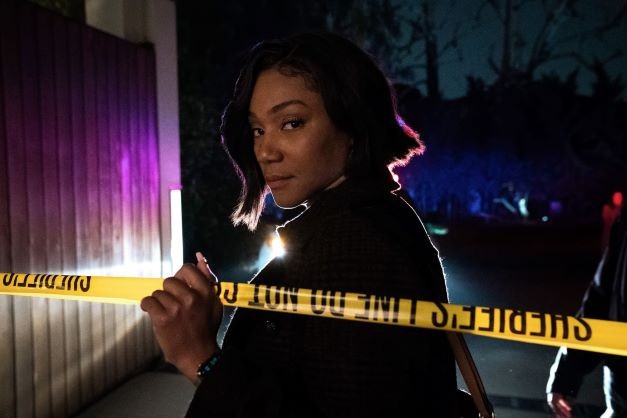
The murder-mystery element of the murder-comedy serves as a soultion to the feeling of powerlessness that both the 1980s epidemic and the 2020s pandemic inherently elicit. An NBC News article from 2017 talked to three men who were diagnosed with HIV during the 1980s. One of the men, Mark S. King, said that there was so little that could be done once one was diagnosed with the disease that activists sought to persuade people not to take it. "The only thing that could happen would be getting fired from your job or kicked out by your roommate or disowned by your family...None of the outcomes were good." King described the time, "like a Twilight Zone episode where everyone in town just starts disappearing." The COVID-19 pandemic can be described by that same simile. No matter the effort made with masks, vaccines, and social distancing, people are still getting sick and dying at a rate that seems senseless. Society is lacking control. That control is regained through the murder-mystery. In the murder-mystery format, the viewer is able to look death straight in the eye and figure out why it happened. There are reasons and logic behind everything. Both Clue and Only Murders in the Building show us an eclectic group of characters, confident they can discover what is going on and why. It exemplifies people in control in a death-related situation, thereby giving the viewer a second-hand bought of self-assuredness. Furthermore, the people solving the murders in these masterpieces are delightfully weird which soothes the viewer with the notion: If they can figure it out, I DEFINITELY can.
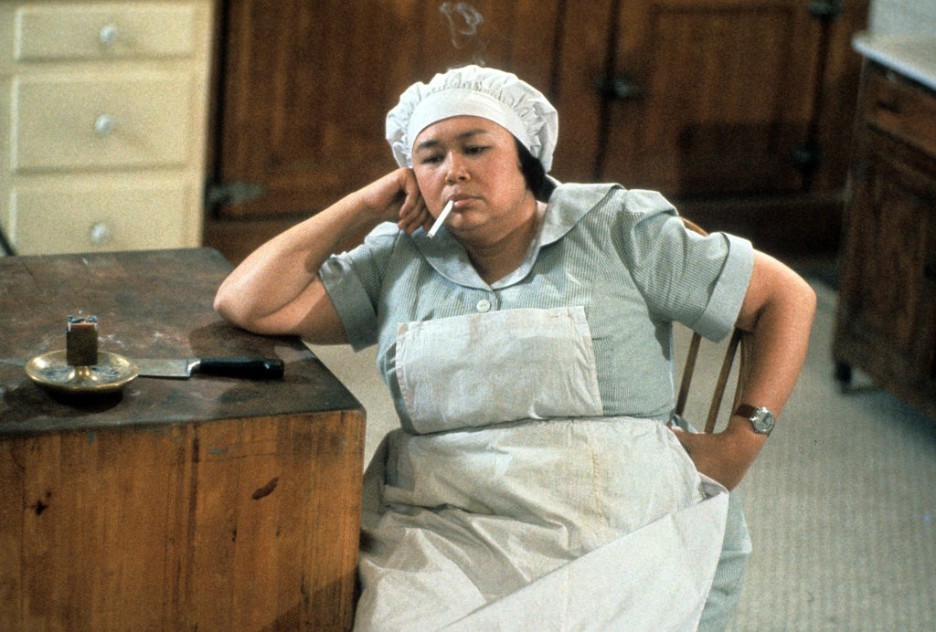
With this fascination on murder, it may be surprising that the interest in more dramatic crime-murder shows and true-crime dramas has decreased over the last year. A Variety article found that the success of these shows has decreased for the first time in recent history over the last year while, as we know from every other aspect of this article, murder-comedy has been on the rise. Looking at murder through a serious context, in a time at which death seems to pervade every corner of our day-to-day lives, is overwhelming to an audience. Much like the declining true-crime numbers today, the AIDs epidemic sent the hit 20th century murder-mystery show Colombo down a non-traditional path. The detective series ran for seven consecutive seasons, finishing off its seventh season in May of 1978. However, season eight did not premiere until 1989. While the show's cancellation cannot be directly correlated with the epidemic (it is on record that the show's lead left upon feeling the scripts were deteriorating), the logic behind holding out through the majority of the AIDs crisis before revamping the show is telling. Obsessed as people may be, watching true-crime or intense murder can have a negative affect on your brain. A study done by Paige Smith of the HuffPost proved that these shows are directly tied to heightened anxiety and nightmares. When interviewing assistant professor of human services and psychology, A.J. Marsden, she said:
In addition to increased anxiety and nightmares, overdoing it on true crime can have other negative ramifications. Consuming this genre in excess can potentially increase your feelings of paranoia and inhibit you from taking risks, even minor ones... Prolonged exposure to true crime stories affects your body negatively because your stress levels spike when you're watching or reading it.
Your brain will only let you stress yourself out so much. In a time when stress-levels are already heightened, taking on "entertaining" extra stress becomes incredibly adverse to your mental and physical health.
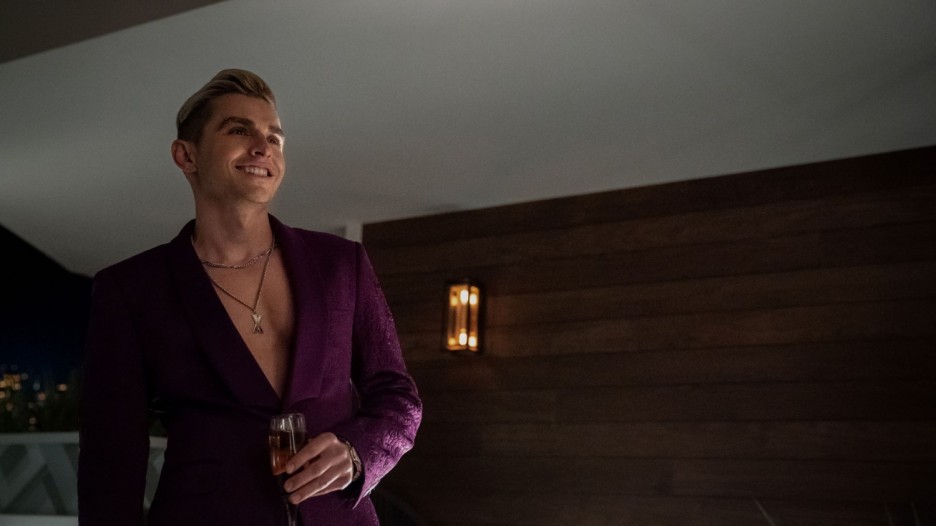
While many seek out true-crime shows in order to brace themselves against becoming a victim themselves, these shows actually fall short where the murder-comedy prevails. Marsden pointed out, "gathering practical information about how to protect yourself only goes so far before you risk entering a dangerous, paradoxical cycle - one that intensifies and perpetuates your fear, rather than diminishes it." While true-crime and dramatic murder-mystery shows may be factual and informative, they do more to aggravate fear and stress than to alleviate it. However, the murder-comedy teaches its viewers how to cope. It shows them their deepest fear, death, and proves that it is possible to intellectualize it, laugh at it, and live through it (well, I suppose not how to live through your death). As death rates continue to climb in the country, people want relief. They want the murder-comedy.
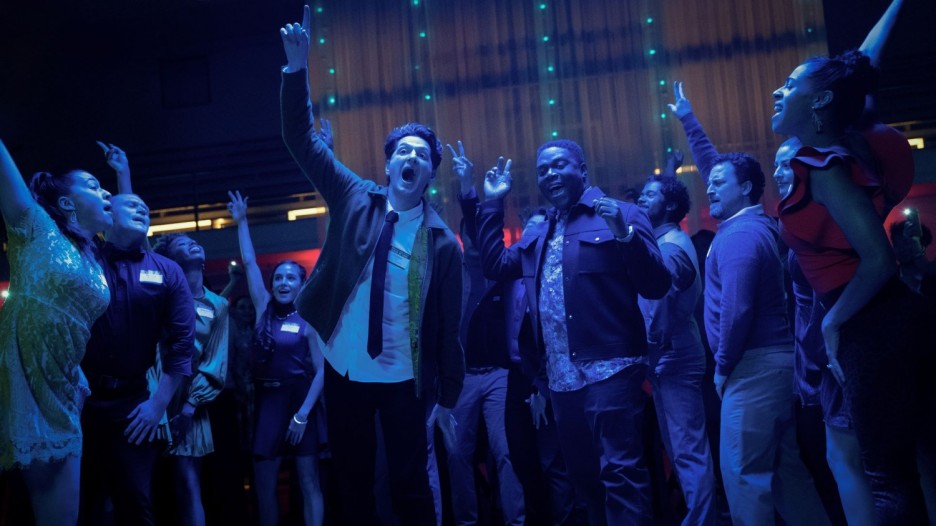
The resurgence of the phenomenally whimsical, undeniably twisted murder-comedy proves one thing conclusively: we've gotten through this before, and we can get through it again. Illness, unknowingness, powerlessness, and death are scary, yes, but not new. As counter-intuitive as it may seem, we need to keep our spirits up, keep moving forward, and try to find a hilarious way through the hard times. So queue up that murder-comedy everyone else is watching, and let's laugh together.
© 2026 Enstarz.com All rights reserved. Do not reproduce without permission.






